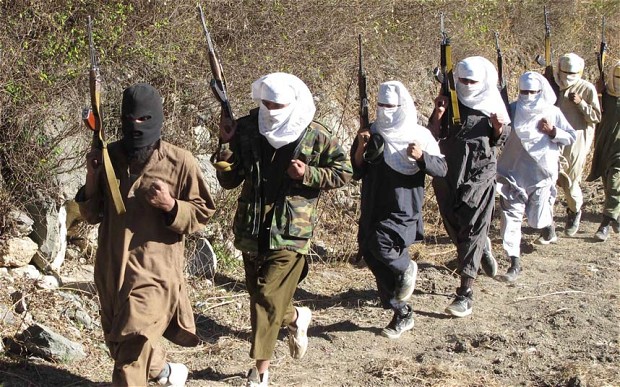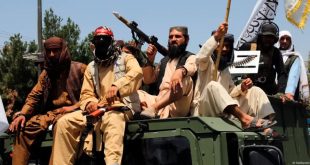By Ambassador Dr. Zia Nezam: The BBC reported on 30 January 2018 that the Taliban is “openly active” in “70%” of Afghan territory, and “half the population” live in areas affected by the Taliban’s presence. This is alarmist, British tabloid journalism from the BBC.
The report, or study, further asserts that the Taliban must be negotiated with to make peace. The study, four months in the making, including four days with the Taliban, calculates that the Afghan government controls only 122 national districts. These districts represent roughly 30% of the national territory, and in the 122 districts the report states no one is safe from Taliban attacks. Daesh and other terrorists groups, the study estimates, are active also, in 30% of districts in eastern and northern Afghanistan.
We Afghans know the reality: Afghanistan is not yet safe in many parts of the country. We see that Taliban elements carry out bombings that intentionally – not accidentally – kill or maim hundreds of innocent people. Taliban members destroy hard-gained infrastructure a modern Afghanistan needs. They enslave women and deny human rights to any opposition wherever they can. All these acts and more to drag Afghanistan backward. However, the unhelpful BBC reportage does not note that Taliban terrorists are hated by a large majority of Afghans, and only a small fraction of the population support Taliban extremists.
14 November 2017 the Asia Foundation released a very relevant study concerning Afghanistan. The foundation has done extensive research in Afghanistan since the early 2000’s. The study’s findings are “based on face-to-face interviews with a national sample of more than 10,000 Afghan citizens representing all major and most minor ethnic groups in all 34 provinces.” The study found that 93% of all survey respondents feared encountering the Taliban because of its brutality and extremism.
The BBC study’s authors contradict the latest NATO data that indicate that nearly 56% of Afghanistan is under its democratically elected government. This 56% is almost double the BBC authors’ declared 30%. On one hand, NATO critics will argue that NATO is desperate to show success in Afghanistan, yet on the other hand, NATO’s long presence and continual confrontations with anti-Afghanistan forces, arguably, makes its number estimates more credible.
The opportunity for peace in Afghanistan is greater today than previously. The United States’ unambiguous strategy today is rooting out safe havens, recruitment sites, and training camps, not only anywhere in Afghanistan, but in any border area or in Pakistan. The steadfast support of our national government will help realize greater success. Afghanistan’s enemies wish to ignore or simply have no understanding of good-faith dialogue or negotiation.
Taliban spokesmen offer no hope, no peaceful, democratic change from their earlier horrid tyranny and national de-construction. Yet some of Afghanistan’s developed-nation allies seem to believe Taliban can be appeased with peace talks. For almost 15 years we have tried to negotiate; the only results have been a weakened national government and a discouraged Afghan security force, while the Taliban has strengthened its hold in more areas and increased its numbers. Sadly but truly, only force of arms at this time will thwart Taliban fanatical aims.
Afghans, building democracy and a better and modern life without violence hope the BBC study does not demoralize our brave security forces and hinder fulfillment of the united vision of Afghanistan and the US. Afghans do not want a bloody failed state, a renewed tyranny of the dark ages. We must carry on. Failure is not an option.
The writer is former Afghan Ambassador to Vienne, Brussels, Rome and Vatican
 Afghanistan Times
Afghanistan Times




